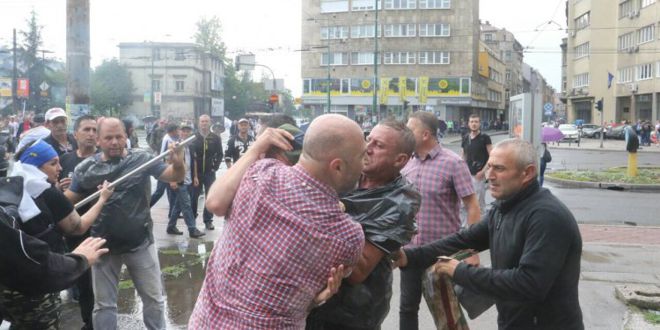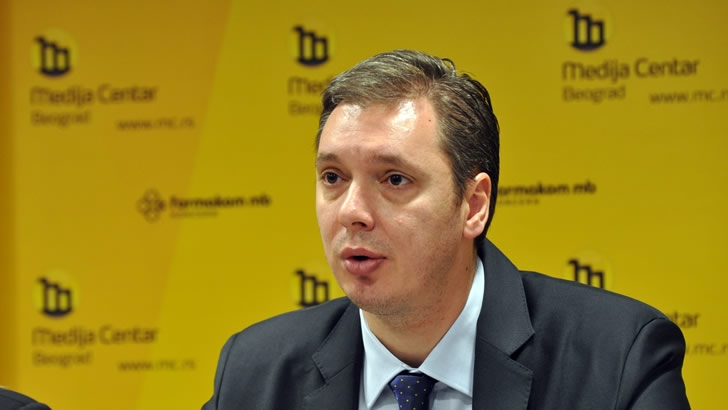PRISTINA, 15.12.2018 – Journalists in Kosovo today face many challenges in practicing their profession. Besides the work with responsibilities, they are also forced to endure most different threats and blackmail, cases that are reported to the body gathering around the journalists’ community, the AJK, but also the justice institutions. Although the Constitution and laws guarantee freedom of the media, in the field the situation is not desirable. In order to view this problem from the legal point of view, we conducted an interview with lawyer Kushtrim Palushi.
Mr. Palushi, thank you for your readiness and for finding time to answer to our questions!
Thank you, I will try a bit to give my contribution, of course based on what I have seen during my work as a lawyer.
How does it stand the legal framework in the field of freedom of media and the journalists in Kosovo?
The legal framework in Kosovo with regard to media freedom and freedom of expression, stands very well on paper, however the implementation of this framework represents the greatest challenge. We recall that Kosovo has a modern Constitution that guarantees human rights and freedoms at the highest level, including, in addition to the various international instruments and conventions, the practice of the European Court of Human Rights. Thus, the Constitution has established a strong foundation for laws and institutions in Kosovo to fulfil their tasks in guaranteeing and protecting freedom of media and freedom of expression, as well as protecting journalists from threats and attacks to them. Laws drafted in function of implementation of the Constitution, such as the Civil Law against Defamation, the Criminal Code of Kosovo and other laws, also provide protection of media freedom in harmony with European and international standards.
Which are advantages of current legislation in the field of media in Kosovo?
The main advantage of current legislation in the field of media in Kosovo is the fact that the legislation is mainly new and drafted from the beginning, having in mind the fundamental rights and freedoms guaranteed by the Constitution and the international conventions. Consequently, legislative bodies have been able to receive the best practices from the region and the European level and incorporate those practices and legal principles into local legislation.
What about the disadvantages, how much are they evident?
Whereas, main disadvantages are not within the legislation as they are on how that legislation is enforced and interpreted. Unfortunately, being that Kosovo is not yet a member of the Council of Europe, we should be sufficient with the interpretation that regular courts give and finally the Constitutional Court. Regular courts still do not achieve to issue decisions that are in harmony with the practice of the European Court of Human Rights and Freedoms, whereas decisions of the Constitutional Court, disregarding that they are more advanced rather the decisions of regular courts in regard to freedom of expression, freedom of media and the human rights, they are still the last tool that citizens and medias have the right to use in order to require protection and realization of their rights.
Are there laws or sublegal acts that are in contradiction to each-other in this field and in what extend?
No, laws and sublegal acts are mainly in harmony to each-other, but as it usually happens with the freedom of expression and the freedom of media, often the exercise of the rights falls in conflict or against of exercising the rights by the others. For example, freedom of expression is in permanent conflict with the right on privacy of subjects that are reported about. In this regard, we can say that laws do not provide clear instructions on how their enforcers and the interpreters carry on right balance in the case of decision that to which right will be given advantage, to the right of freedom of expression or of the privacy.
What about the situation in practice?
In practice, we don’t have a good situation because as we underlined earlier, the main problem in Kosovo, but not only about the legislation regulating media is proper enforcement and interpretation of the laws. In this regard, we have problems in several fields, firstly with recognition, respect and enforcement of law by the bodies of state administration and institutions and public officers, than we have problems with recognition and respect of law by private individuals; in some cases also by journalists and media themselves.
Where do you see the essence of the problem?
However, what is more important, the main challenge lies in the level of justice, where this system faces with problems of specific nature, such as large number of cases and lack of specialization of individual judges of regular courts in the field of freedom of media and the freedom of expression.
How much are these laws implemented, based on the Law on Labour and other laws related to the media field in Kosovo?
Laws are implemented, but not satisfactorily. Law on Labour in general is a problematic issue, especially in private sector and in particular in the field of media and journalists. Lack of employment contracts, working hours and working conditions, protection and safety at work, remuneration and other essential aspects of a work relation are not guaranteed and are not respected. Similarly happens also with other laws. Such a situation causes uncertainty and danger to journalists and media, from threats, assaults or blackmail.
Can you make any comparison with legal framework in the field of media freedom of the neighbouring countries? How do they stand, better or worse than Kosovo?
Kosovo’s legal framework is quite advanced and I believe it is even more advanced than the laws of the countries of the region, because since it has been drafted there are taken the best European standards for freedom of expression and freedom of media. The countries of the region and Kosovo are more or less in the same level of law enforcement and the same environment for journalists and media. Some countries are even worse than Kosovo. An example of this is Albania or Serbia, where journalists are threatened, attacked, indicted, and even sentenced by the courts. This is not to say that these things do not happen in Kosovo, but not in the intensity and level that take place in the countries of the region.
It means that things are not just black to us?
No, I forgot to add that Kosovo is still a bit better than some European Union countries. Take the example of Slovakia and Malta, where only in last two years in each of these countries there was killed at least one journalist.
Let’s go back to the topic directly related to the work of journalists; have you had cases when you defended them, if so, what was the case about?
Yes, in my everyday work as a lawyer, I represented cases and I have defended journalists in court cases and proceedings. In some cases I have already defended and continue to defend journalists from civil indictments against defamation and insult, which are mostly used as a tendency to silence and blackmail journalists on performing their work. With my work I try to educate not only journalists and involved parties, but also public institutions and courts about the best European standards embodied in the European Convention on Human Rights and Freedoms and the Practice of the European Court of Human Rights and Freedoms.
What do you personally think, is there media freedom in Kosovo?
I consider there is freedom of media and journalists, but of course this is a work in progress, which requires time and social education about the importance of freedom of expression and the media in a democratic society. Not so long time ago, we were part of another governing and political system, where there was no freedom of expression and thought, and taking into account the time that has passed, there is progress in this regard. However, there are still cases where people are trying to deny or violate the rights of freedom of expression and freedom of media, yet institutions have also started to understand better their role in defence of freedom of expression, media and the journalists.
Interview conducted by: Jehona Zhitia


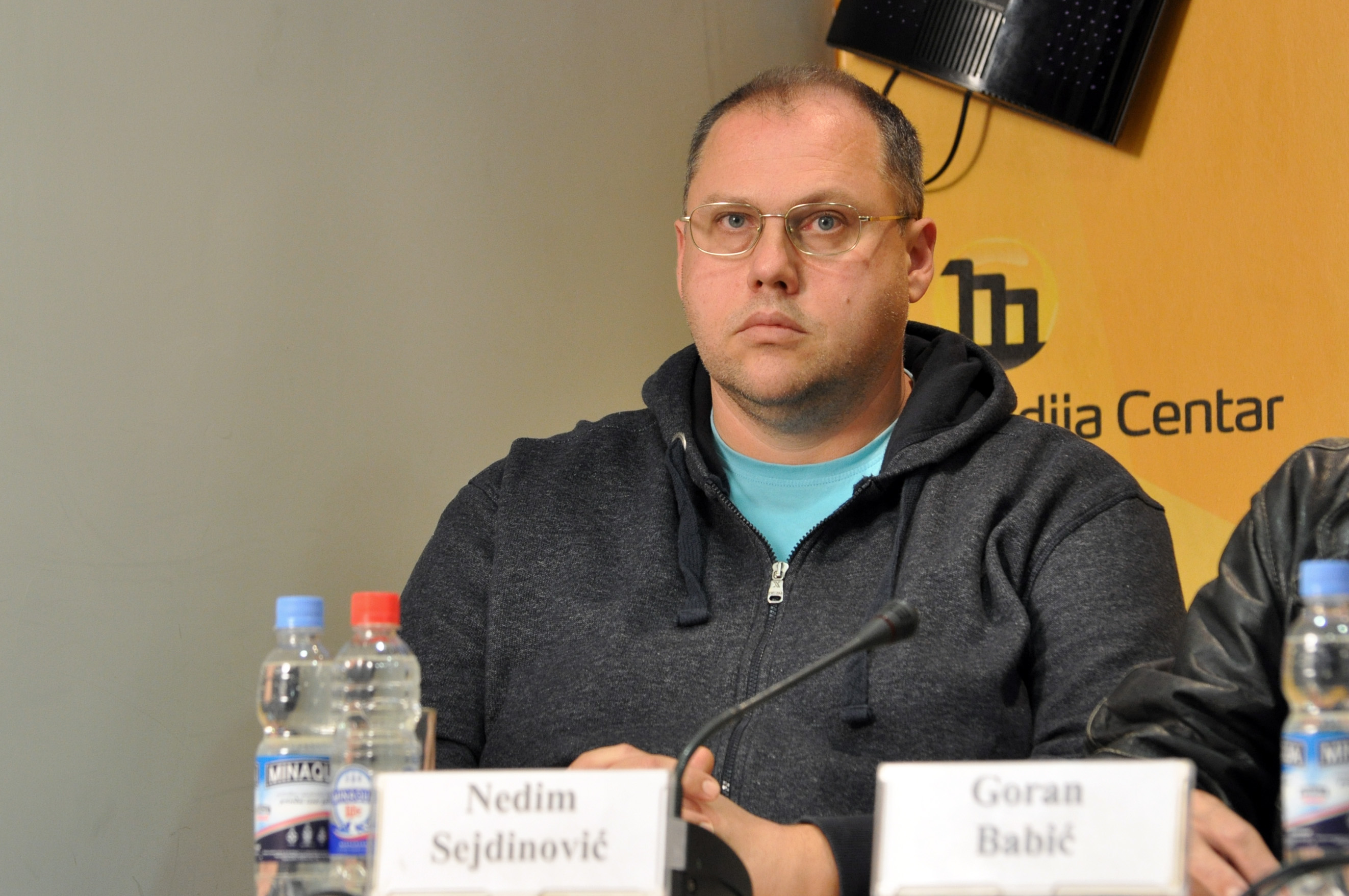
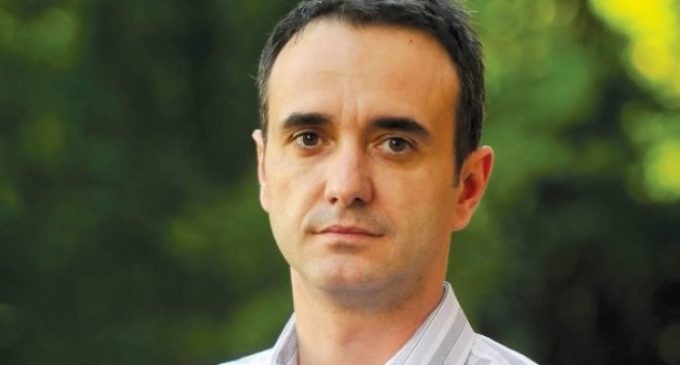

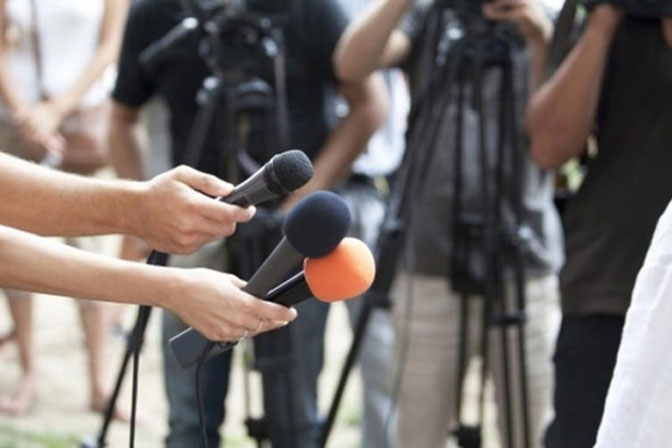
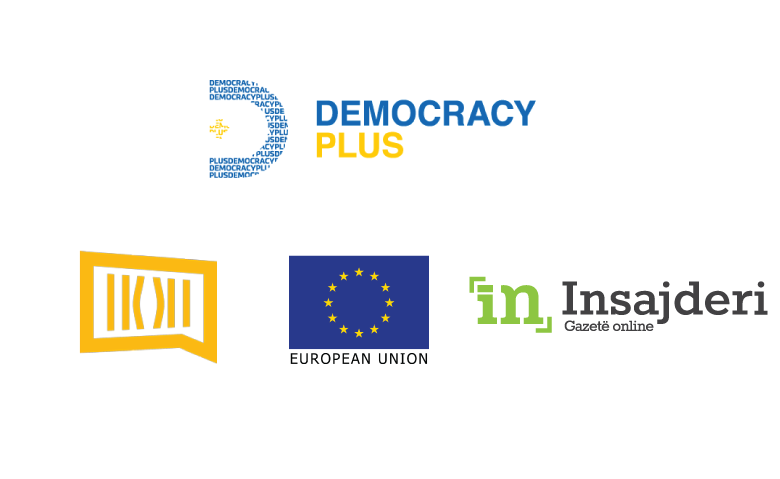


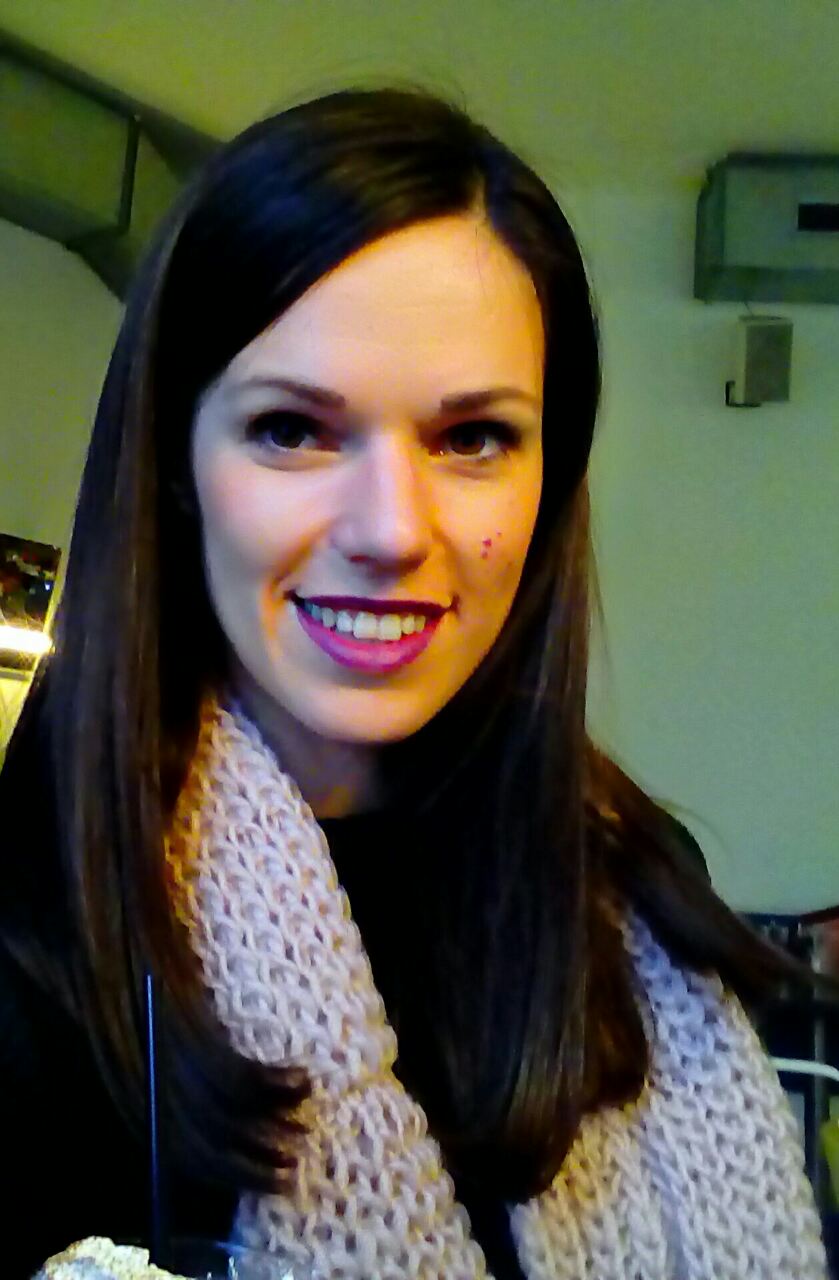
 his article has been produced as a part of the project Western Balkan’s Regional Platform for advocating media freedom and journalists’ safety with the financial assistance of the European Union. The contents of this article are the sole responsibility of the BH journalists Association and its authors, and can in no circumstances be regarded as reflecting the position of the European Union.
his article has been produced as a part of the project Western Balkan’s Regional Platform for advocating media freedom and journalists’ safety with the financial assistance of the European Union. The contents of this article are the sole responsibility of the BH journalists Association and its authors, and can in no circumstances be regarded as reflecting the position of the European Union.
